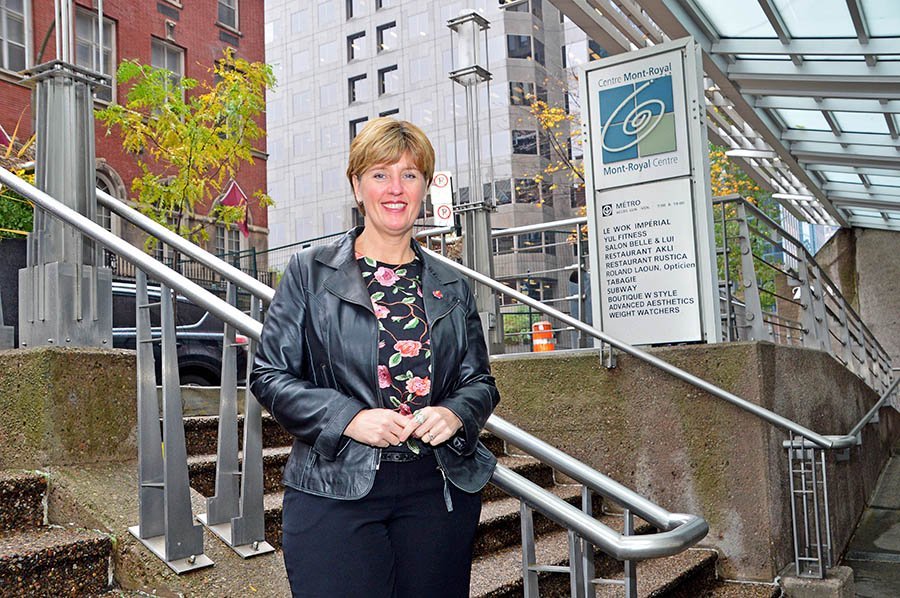
Martin C. Barry
Has Canada’s Ministry for International Development been losing some of its past moxie in recent years? Or has the ministry simply undergone a redifinition of its mandate?
During a recent interview with Newsfirst Multimedia, Marie-Claude Bibeau, who is the current International Development Minister in the Trudeau Liberal cabinet, rolled her eyes upwards at the first suggestion, while agreeing immediately afterwards that her ministry has indeed changed.
Mandate’s been changing
Some background. Beginning in 1968 when Liberal Prime Minister Pierre Elliott Trudeau first created the Canadian International Development Agency (CIDA) as a department of the Ministry for International Cooperation, international development remained a significant priority for subsequent governments.
However, in 2013 Conservative Prime Minister Stephen Harper essentially shut CIDA when he made its functions part of Global Affairs Canada’s overall mandate. Bibeau has held the portfolio since 2015 when Trudeau appointed his new cabinet following the election that swept the Liberals into power with their current mandate.
Refocusing global assistance
“When I came into office, the Prime Minister gave me the mandate of refocusing our international assistance to the poorest and most vulnerable and all fragile states,” said Bibeau. “So I had an opportunity to review completely the policies.”
That review, according to Bibeau, included a consultation with up to 15,000 people in 65 countries around the globe, with the ministry’s goal being to decide which of those countries deserved most to be supported.
“We came to the conclusion that if we want to end poverty, we have to empower women,” she continued. “So really this why we launched in June 2017 our feminist international assistance policy. So everything we do in our six areas of priorities there must be a women in power component.

Seeking to empower women
“It could be in education, health, agriculture, environment, good governance, peace and security. Each and every one of our partners must demonstrate that they have listened to women locally, that they are part of the decision-making process, and that they will be empowered in the way we implement the project.”
Bibeau and the Liberal government maintain that the policy is grounded in sound economics. “It’s based on experience, but it’s also based on evidence that when women participate this grows the economy,” she said.
Decision-making process
“It improves the peace processes, as well. So there are many values here from having women involved in decision-making. And obviously at the same time we want to be sure that for every dollar we spend we walk the talk while empowering women in many types of project. So it’s not only for women. It’s really being inclusive for the benefit of the whole community.”
According to Bibeau, most of her ministry’s funding for foreign development projects is now directed with this women’s empowerment theme in mind. While some might associate the gender-based approach with Justin Trudeau’s administration, Bibeau, who spend years working for the defunct CIDA, said the agency was already starting to make gender-based analyses as early as 1990.
Move towards private sector
Bibeau said another way the Ministry for International Development is changing is by moving towards a model for financing foreign development that relies more on the private sector. The Liberal government’s March 2017 budget confirmed their intention to create a development finance institution (DFI), to be housed within Export Development Canada and capitalized with $300 million. EDC is Canada’s export credit agency and a state-owned enterprise wholly owned by the Ottawa.
“If we finance such companies it will be because they have a real impact on development itself – and especially on women in economic empowerment and in the green or blue economy,” Bibeau said, referring in the latter instance to a type of economic approach relating to the exploitation and preservation of the marine environment. “These are the main orientations of our Canadian DFI.”
Philanthropic contributions
Bibeau said that recently she launched a “call for action” to philanthropists involved with companies across Canada, saying that the federal government was ready to invest money in foreign development from the DFI capital fund if donations were coming in from the private sector. In return, the private investors would receive charitable donation receipts for tax purposes.
“We are talking about this and consulting on it right now,” she added. “We believe this will be something very innovative. We are creating something new. We want it to be effective. We want the private sector to invest in it, so we want to build the mechanism with them.”














